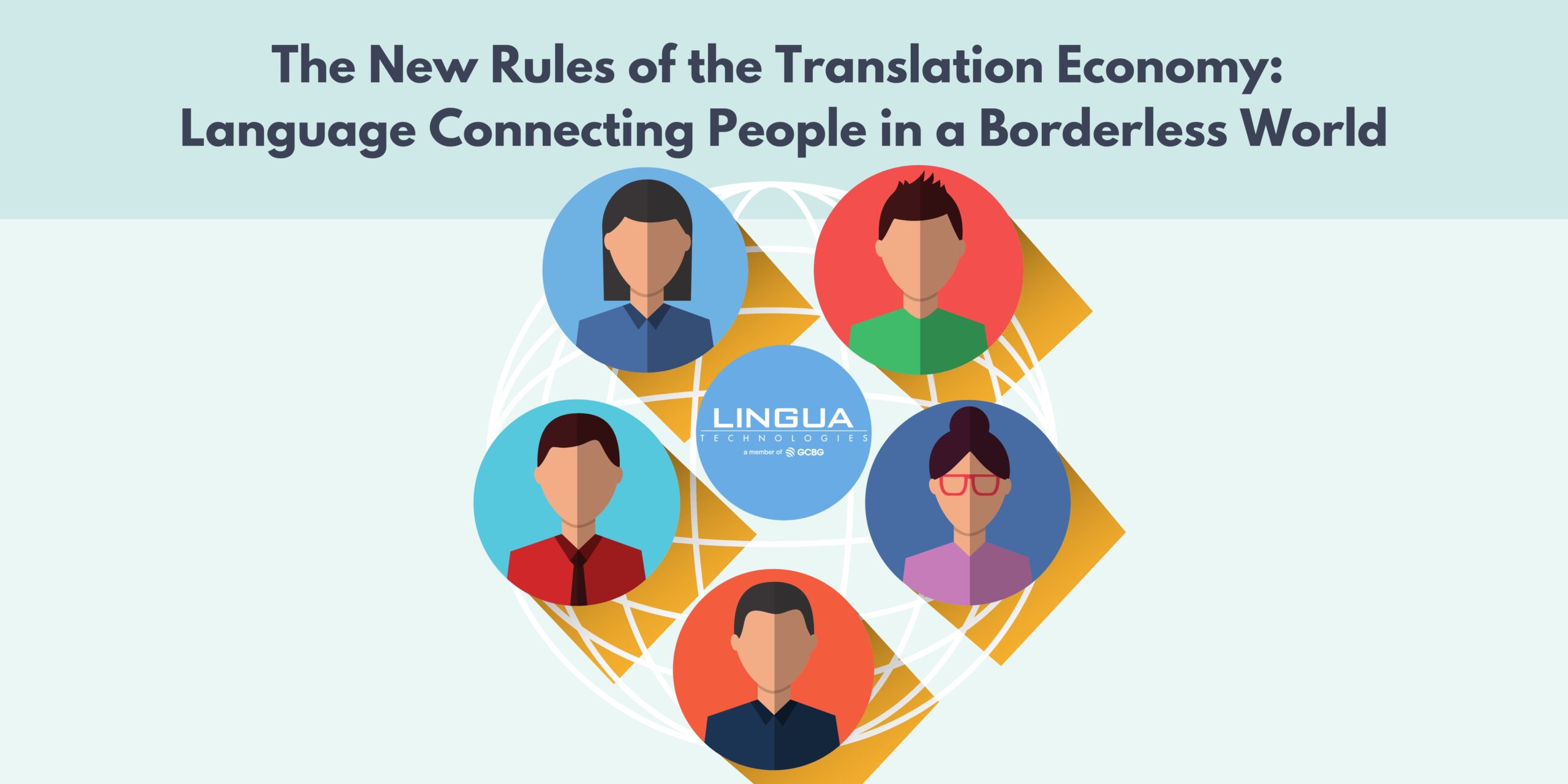In today’s digital age, the world is more interconnected than ever. The internet has bridged gaps and connected people from around the globe, creating an immense opportunity for businesses to reach international markets. However, a key aspect that fuels this global expansion is language. The translation economy is vital in breaking down barriers and enabling effective communication between businesses and customers worldwide. In this blog, we will explore the translation economy's new rules and how they shape how companies operate globally.
Rule 1: The internet connects computers; language connects people
The internet has revolutionized communication, making it easier for businesses to access a vast customer base across borders. However, while technology facilitates information exchange, it is language that truly connects people on a personal and emotional level. Effective translation enables companies to speak the language of their customers, establishing a strong bond of trust and understanding. It goes beyond mere words and encompasses cultural nuances essential for meaningfully connecting with diverse audiences.
Rule 2: If you don’t translate it, your customers will
In a hyper-connected world, customers are no longer limited to local offerings. They can explore products and services from around the world with just a few clicks. If a company does not provide content in a language that its potential customers understand, those customers will seek translations themselves or turn to competitors who offer content in their language. Embracing proactive translation strategies empowers businesses to control their narrative, maintain consistency, and cater to a wider audience.
Rule 3: The Internet has many borders
The internet knows no geographical boundaries, allowing companies to access global markets easily. However, despite the digital nature of the web, language barriers still exist and can act as invisible borders, hindering effective communication. To navigate this challenge, businesses must invest in professional translation services to ensure that their message resonates with target audiences regardless of location.
Rule 4: People don’t buy from global companies
While a company may be global in its reach, customers prefer to engage with brands that speak their language and understand their unique needs. Localizing content, products, and services is crucial for building brand loyalty and trust. By catering to local preferences and cultural norms through translation, global companies can transform into local entities that resonate with regional customers.
Rule 5: There is no such thing as “rest of the world.”
In the past, businesses often referred to markets outside their primary locations as the “rest of the world.” However, this notion is outdated and counterproductive in today's interconnected landscape. Each region and culture is unique, and understanding this diversity is essential for successful international expansion. Tailored translation services that cater to specific regions are vital for breaking into new markets effectively.
Rule 6: Global generalists create global companies
While being a specialist in a particular niche can be advantageous, companies that aspire to expand globally must adopt a broader approach. Becoming a global generalist involves adapting to various cultures, languages, and market preferences. It requires a mindset that values diversity and inclusion, empowering the company to thrive in different parts of the world.
In conclusion, the translation economy plays a pivotal role in the success of global businesses in our increasingly interconnected world. Language is the key to unlocking new markets and building meaningful connections with customers worldwide. By embracing the new rules of the translation economy, companies can break down language barriers, speak the language of their customers, and foster a truly borderless business environment. Through effective translation and localization strategies, businesses can create a powerful global presence that resonates with diverse audiences and drives sustainable growth.

